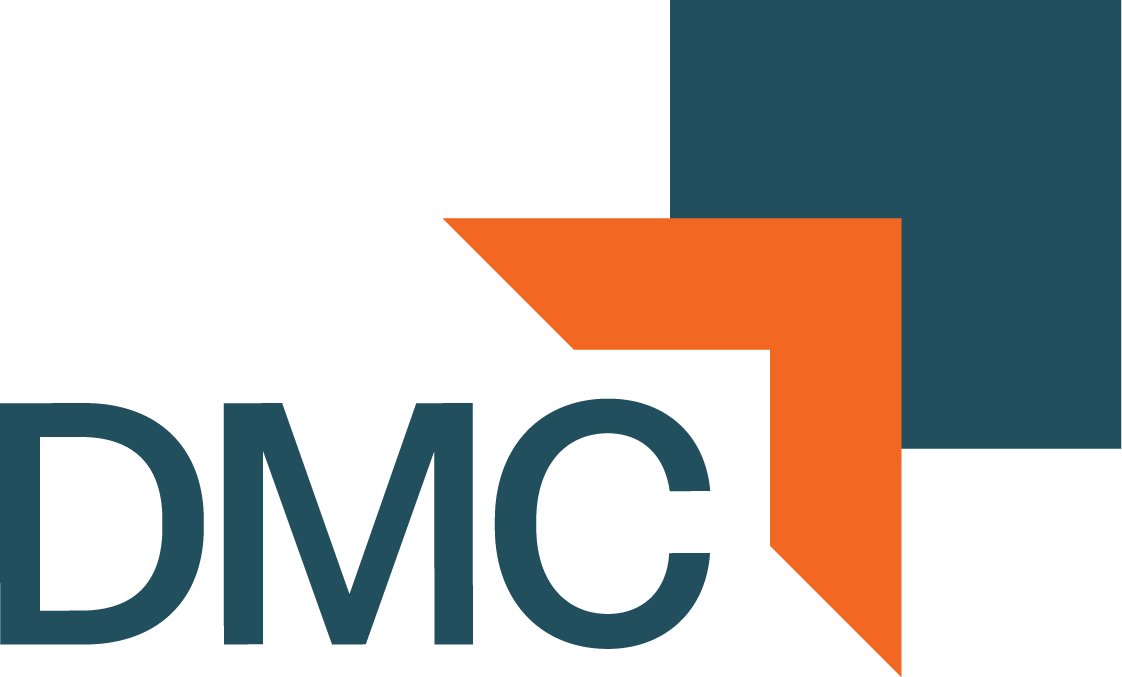Ireland’s prosperity has long been driven by the country’s rich knowledge economy – a wealth of intellectual capital exercising its grey matter across the fields of high-technology, life sciences, financial services and agri-business.
Having been identified as safer bets than real estate and construction following the ‘Great Recession’ of 2008, these sectors have been the subject of exceptional levels of foreign direct investment (FDI) and enhanced the standing of their home as a sensible long-term prospect for overseas investors.
In doing so, the knowledge economy has played a pivotal part in keeping Ireland’s unemployment rate low (4.8%) and its gross domestic product (GDP) – an impressive 13.5% in 2021 – growing.
Yet despite the rude health of these economic indicators, financial forecasters are not overly optimistic for the months ahead and fears over a recession are inevitably mounting.
There is a growing body of evidence to suggest that may be the case. For example, spiralling inflation and spikes in energy prices are certainly doing little to warm the spirits – and loosen the purse strings – of consumers and the travel industry, fresh from the woes of COVID 19, is seeing pent-up demand for post-lockdown holidays mitigated by the inconvenience and disruption caused by staffing problems at most European airports.
The airlines are not unique in experiencing employment headaches, with employees across industries rethinking working patterns or even stepping back entirely from full-time positions post lockdowns.
Employers, as a result, are struggling to put bums on office seats – an issue alien to previous economic slowdowns, during which jobs are customarily rare to come by and hard-fought for.
There is, however, also cause for hope.
Many businesses are in a far more favourable position than 14 years ago. For some, profits are at an all-time high and large corporates are sat on cash piles that will ensure they are fit to weather any fiscal storms ahead.
From a construction perspective, there is encouragement to be found in the sectors where FDI is prevalent – among them the semi-conductor, pharma and data centre industries. The latter is, however, at risk from challenges in the energy sector stopping power supplies to the facilities charged with preserving society’s digital evolution.
Strong demand from international markets provides further cause for optimism for construction and serves as welcome counter-balance to the domestic picture, which is characterised by residential, commercial and infrastructure projects being hampered by a lack of resources, shortages of labour and unpredictable inflation in the cost of raw materials.
The BNP Paribas Real Estate Ireland Construction Purchasing Managers’ Index plunged to 46.4 in June 2022 – with a sub 50 score regarded as a position of recession – but this may just prove to be a knee-jerk reaction to supply chain issues and inflation and a temporary drawing of breath as budget holders take proper stock of the wider economic picture.
An analysis of our own business at DMC Global Partners reinforces that this slowdown is distinctly different to previous periods of economic unrest in Ireland. Yes, we have seen projects pulled or postponed as a consequence of rising costs and the Irish Government’s problematic planning system, but we are also seeing projects in high-value sectors continue at pace.
I’ll be keeping my fingers firmly crossed that such a rebalancing act, rather than a recession, becomes the predominant trend across Ireland.

